Tag Archives: interpretation
21 Jan Gating in Human Reasoning

Both neuroscience and computer science have borrowed the metaphor of the gate for representing the function of letting some things go through and restricting others. In computing it is mostly a binary function: if the gate is closed, nothing comes in, if the gate is open, everything that is at the threshold comes in. I chose the pictures above because gates […]
07 Dec Probability of Understanding Meaning

Some suggest that computers can achieve full language understanding capabilities using statistical models. Others argue that heuristics or programmatic interpretation that uses special procedures tailored to linguistic phenomena. The two camps are as far apart as ever. Consider the comments around this recent article on Tor.com. On the one side, Norvig demonstrates the validity […]
03 Dec Language Expressiveness

Expressiveness Human languages are eloquent vehicles for giving form to the motion of the human mind. They provide symbol-rich expressions for our thoughts and communications. Language is dynamic and defies circumscription. Yet, it is circumspect; it is also useful and extremely beautiful. To comprehend is to begin to capture that beauty. The expressiveness of language […]
01 Dec Robot Neurons: Analog versus Digital
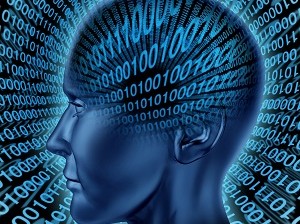
Digital is basically black and white: 1 is yes and 0 is no or vice-versa. Yet our world is full of other colors. We can efficiently use digital devices to stretch arbitrary numbers of 1’s and 0’s together to represent a virtually infinite degree of possible values. Yet there are places where exactly two values may […]
12 Nov Context Powers Backward Chaining Logic
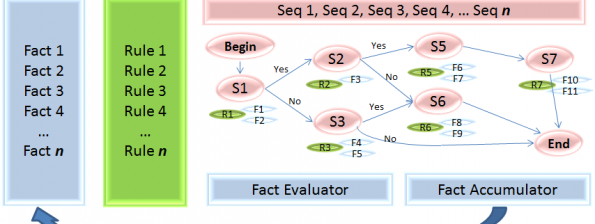
A popular success strategies book suggests that if we “Begin with the End in Mind” we are likely to get where we’re going more consistently. We wander less if we think about what we want at the end from the very first steps of our journeys. Context helps us do that. Human behaviorists and philosophers have […]
10 Nov Seeking a Universal Theory of Knowledge
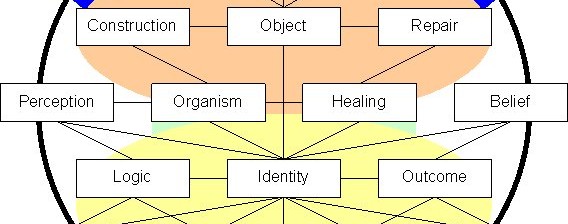
As a fundamental premise for this post, this blog as a whole, and my life’s work, I propose that language and “real world knowledge” are inextricably connected, and neither functions well without the other. This is why, in my opinion, natural language processing (NLP) initiatives focusing exclusively, or even primarily on language structure have significant […]
05 Nov Evolution of Language
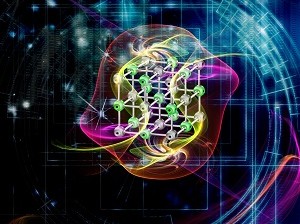
Evolution of Language Did humans become smart by necessity? With the forces of nature combined to rig the test for “survival of the fittest”, as human evolution from lower forms, how did these ill-equipped creatures, with their weak jaws and thin hides, make the natural-selection cut? It sounds like it was a perilous journey. One […]
30 Aug Eclecticism and Cognitive Modeling

Cognitive Science Hybrids in plants and automobiles are great. Perhaps in computers and apps as well. I have always thought of myself as deeply interested in the “cross-pollination of ideas.” This includes, when appropriate, snipping sequences and splicing to create genetically modified innovations. The posts in the Understanding Context blog span the knowledge and theories […]
27 Aug Brain Correlation Processes

Many computer systems focus on a single capability, one task or just one dimension of a complex process. Sentient brain activity is an example of a complex process with many dimensions. Optical character recognition, such as identifying a capital “Q” on a piece of paper, is an example of a problem with three dimensions: Length, […]
24 Aug Coordinating Neural Pathways
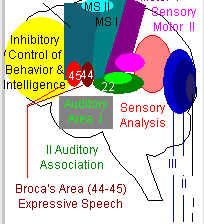
Specialization & Cross-Over A great deal of functional specialization and cross-over is evidenced in the brief summary in the table on functional morphology and descriptions of the areas of the brain covered in my last post. In fact, the extent to which many areas specialize is understood in minute detail, even to the functional segregation […]




